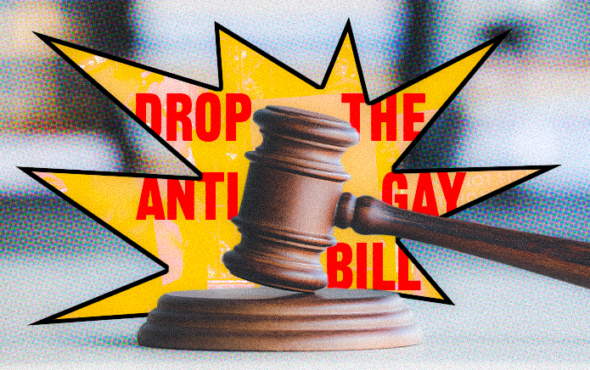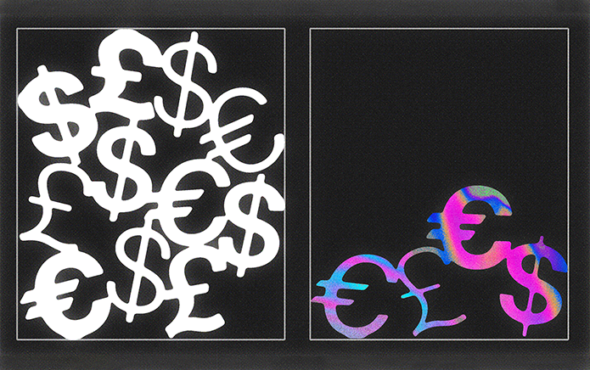
Rights groups expect Uganda’s Constitutional Court to issue a verdict imminently on an appeal against the strict anti-LGBTQIA+ law the country passed last year that imposed the death penalty for some same-sex acts.
Here’s what you need to know.
What is the Anti-Homosexuality Act, and what has been its impact?
The Anti-Homosexuality Act was signed into law by President Yoweri Museveni in May 2023, and its draconian measures have prompted U.S. and World Bank sanctions.
While Uganda already criminalised gay sex, the new law is harsher, with the death penalty recommended for “serial offenders” and transmission of a terminal illness, such as HIV/AIDS, through gay sex.
The legislation also stipulates a 20-year sentence for “promoting” homosexuality, which includes activities such as publishing material deemed supportive, providing financial support or leasing property for “encouraging homosexuality”.
It also introduced a “duty to report” suspected homosexual acts to the police.
At least five people have been charged under the law so far, including two for the capital offence of “aggravated homosexuality”, which includes transmitting a terminal illness to someone through gay sex.
Rights groups have reported the new law has led to a surge in abuse against LGBTQIA+ people, including torture, rape and evictions, primarily by private citizens.
Kampala-based Human Rights Awareness and Protection Forum compiled data from legal clinics three months after the law was enacted. It said people were “zealously” enforcing the law via “arrests of real or suspected LGBTQ persons continuing, as well as cases of violence and evictions from rented accommodation”.
Who is challenging the law?
A group of lawmakers, legal experts and LGBTQIA+ advocates filed a legal petition against the Anti-Homosexuality Act four days after it was passed in late May.
The respondents to the legal appeal include Uganda’s attorney general and a Christian pastor, whom the court granted the status of co-defendant in December.
Why is the AHA being challenged?
The challenge falls into two broad categories: procedural issues and constitutional rights.
“The process (of passing the law) itself was unconstitutional, but also undermined the rules of parliament,” said Kampala-based LGBTQIA+ advocate Frank Mugisha, who is also one of the petitioners.
This includes issues such as lack of public consultation, and lack of accurate financial estimates related to the administration of the law, such as policing.
The last time Uganda passed a similar law, it was struck down in 2014 on procedural issues. Judge Steven Kavuma said the speaker of parliament had acted illegally by not accepting objections that pointed out there was no quorum for a vote.
But human rights advocates are hoping the law will be struck down in a way that demonstrates the independence of the judiciary and affirms the constitutional rights of LGBTQIA+ people, said Larissa Kojoué, a researcher with Human Rights Watch.
“Civil society organisations will have a powerful tool for advocacy,” Kojoué said.
Constitutional rights the petition cites as violated by the AHA include freedom of speech and association, and the right to privacy.
What happens next?
In a brief session in December, a panel of five judges received written submissions from both parties and the head of the panel, Richard Buteera, told the petitioners they would be notified when a ruling was ready.
Since the petition was expedited, Mugisha expects the ruling imminently, which will be delivered to the petitioners rather than heard in court.
“Local pressure from civil society and international pressure has contributed to … show to Uganda (that this) is an urgent matter,” said Mugisha, who is the executive director of umbrella rights group Sexual Minorities Uganda.
Once decided, the ruling can be appealed to the Supreme Court. If the law is struck down, Mugisha expects the government to appeal the decision, and if not, the petitioners will.
Kojoué hopes to see Uganda abide, not only by its own laws, but its international commitments.
The law, Kojoué said, “shouldn’t exist in the country that has a constitution and pretends to be a democratic country.”
This story is part of a series supported by HIVOS’s Free To Be Me programme.
Reporting by Sadiya Ansari.
GAY TIMES and Openly/Thomson Reuters Foundation are working together to deliver leading LGBTQIA+ news to a global audience.



